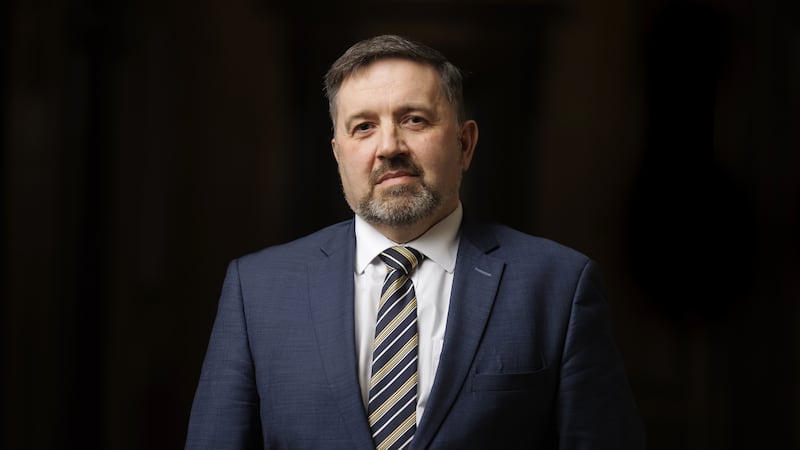The recent local election results have been described as ranging from unprecedented to earth-shattering and indeed they were – but not for the reason that most comment has suggested. They were exceptional in that the two parties which have done the greatest damage to public services here were the most popular.
Indeed the five main parties’ election campaigns bore little relevance to the daily lives of ordinary people.
Yes, they all produced manifestos (which were often at odds with their record in government) but they quietly shelved them.
Instead they rolled up their sectarian sleeves for the real issue: could Catholics outvote Protestants in the specially-gerrymandered council areas?
Even by our very high sectarian standards, it was the most nakedly sectarian election in this state’s less than honourable history.
Nationalism was dominated by a single party. Unionism was fragmented. That is a mirror image of 100 years ago when, in the newly formed northern state, there was a single unionist party facing fragmented nationalism. A century later we have different words, but the same old sectarian tune.
In 1923, unionism massaged working-class Protestant poverty with the claimed virtues of union with London. In 2023, SF cloaked working-class Catholic poverty with the promise of union with Dublin. (Never mind the poverty, wave your flag.)
Our most deprived areas are North Belfast, West Belfast and Foyle, all SF strongholds. Nine of the 10 most deprived areas are predominantly Catholic. Meanwhile, constituencies east of the Bann received 72 per cent of the Invest NI budget over the past 10 years.
We have 122,000 waiting for surgery and 378,400 waiting for an initial medical consultancy. That is 500,000 patients (yes, half a million, or one quarter of the population.) These are largely working-class people who cannot afford private medical care.
An 80-year-old patient facing a seven-year wait for a hip replacement will never get it. Children on waiting lists grow up and are transferred to adult waiting lists.
Sectarian violence has killed thousands here. Sectarian politics is heading the same way, but in a more subtle manner.
A century ago most rural areas had no accessible medical institutions. The collapse of services at Newry’s Daisy Hill Hospital means that south Down and south Armagh are now returning to that status. SF and the DUP have brought us back 100 years.
People from both areas may die before they reach Craigavon hospital. Will SF hold annual commemorations along the Newry-Craigavon road to mark those deaths? Will the DUP carry Orange banners on the Twelfth with portraits of those who died through Stormont’s neglect?
(“Which emergency service do you require: fire, police, ambulance, or a chat about a united Ireland? We no longer offer the first three, but specially trained SF political counsellors will talk to you about the fourth one.”)
By prioritising sectarian opportunism over good governance, the two main parties have abandoned workers and families. All five parties should be ashamed of their negligence leading to the breakdown of public services.
The criminal justice system is broken, Northern Ireland Water is unfit for purpose, the social care system is crumbling, our roads are breaking up, thousands rely on food banks and our MLAs are paid for not working.
In response, the two main political parties fought an election on sectarian triumphalism. As with the populism of Trump, they received most support from those on whom they have inflicted the greatest deprivation.
Tiocfaidh ár lá, said the IRA. It was always ár lá (our day), never bhur lá (your day). Now that their day has come, what has it brought the rest of us?
In 1900 James Connolly wrote of those “bubbling over with love and enthusiasm for ‘Ireland’, and can yet pass unmoved through our streets and witness all the wrong and the suffering”. But who heeds Connolly today?
Earthquakes are common in many parts of the world, but our earthquake was different. Here no-one mentioned the casualties.









